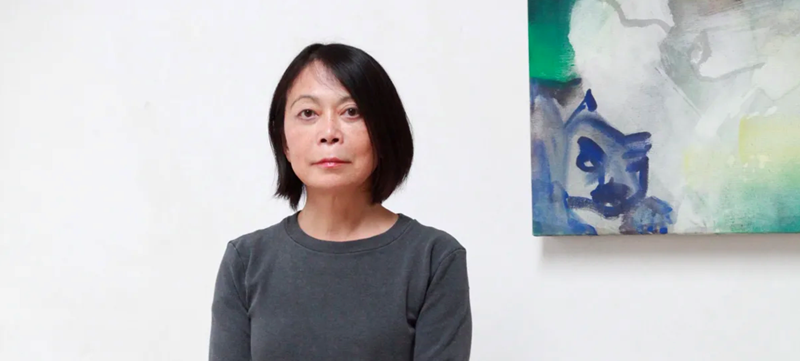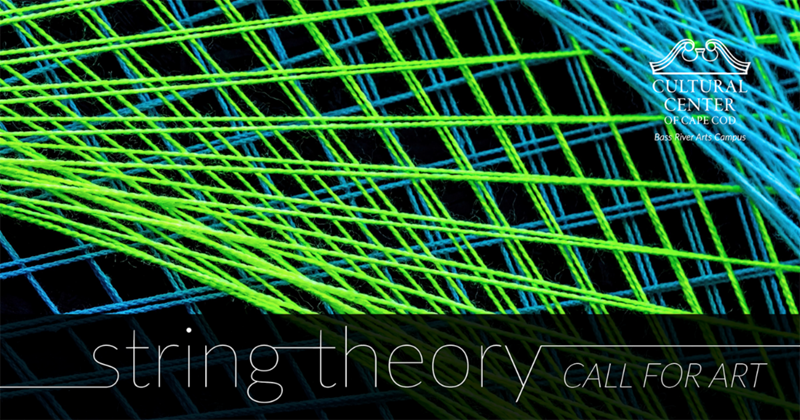THIS WEEK’S MUSE
“Your imagination is always part of your life.”

LEIKO IKEMURA, ARTIST
The creative landscape of artist Leiko Ikemura has, in recent years, been inhabited by female figures. Caught in surreal moments, they are timeless, otherworldly, and unfamiliar. The viewer finds themselves in a transitory world filled with anthropomorphic forms, taking on the shapes of animals, or trees or rocks metamorphosizing into human faces.
Ikemura was born in Tsu, a coastal city on central Japan’s Ise Bay, and today lives and works between Berlin and Cologne, Germany. Her work, balanced between abstraction, expression, and figuration, is often categorized as Neo-Expressionism – a raw movement that emerged in the 1970s as a reaction against preceding art movements. Highly textural, expressive brushwork and intense colors categorize its style, through which she examines gender, war, and religion.
It is often said that that a collision of two cultures characterizes her work. It alludes to Western art history, with themes and vocabulary of Japanese traditions. That she grew up in Japan but has lived and worked in Europe for over forty years supports that idea.
Her career began in Switzerland, moving there in 1979, with a deep interest in sketching and drawing. “There must be a hundred different possibilities of treating drawings,” she said. “Sometimes people think there are a hundred different people in me, because my drawings from each period are so distinctive.” Later, after relocating to Germany in the mid-1980s, she developed an interest in sculpture and began experimenting with bronze and ceramic.
The motif of the young girl began to emerge in the 1990s and remains a recurring theme. She seeks to push back against stereotypical depictions of girls in popular culture as meek, helpless, decorative, and sexualized. “When women are represented in art, they are women as seen by men,” she says. “That’s why I feel it is a crucial task for me to depict females, at the ambiguous and uneasy age when women are formed, as subjects rather than objects.” In addition to images of adolescence, tensions, and conflict between mothers and their children also appear frequently in Ikemura’s work.
“My message is a visual and sensual one, so the viewer could feel it’s very open to interpretation.”
HAPPENING
February 6–March 3, 2024

STRING THEORY
Call for Art – Fiber exhibition
Submission deadline: Friday, January 26, 2024
Called “String Theory” – this exhibition will explore the wide range of possibilities within fiber art, including but not limited to weaving, knitting, crocheting, embroidery, and felting. We welcome all submissions that showcase the beauty and versatility of fiber as a medium.
